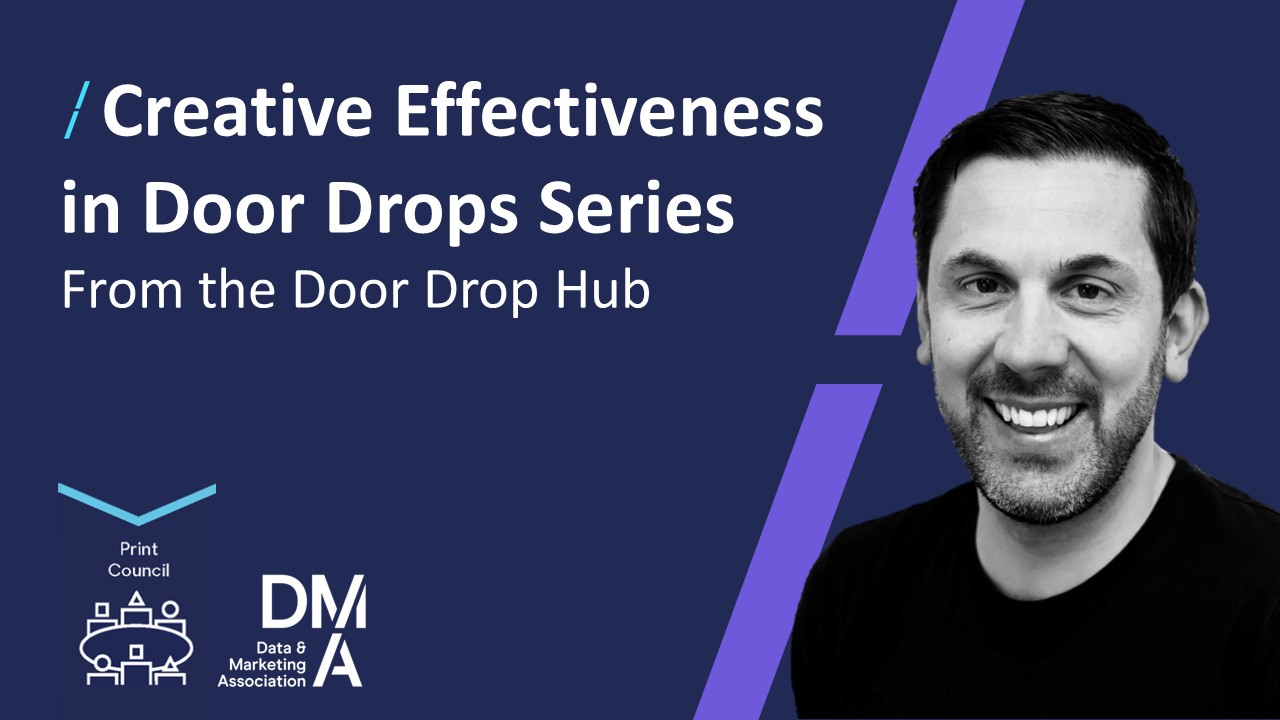BREAKING NEWS - The Three Influencing Pillars of Consent
15 Sep 2015

Super-brands from the charity, financial services and leisure sectors have tested their statements using our Data Permission Benchmark and concocted every conceivable statement structure. fast.MAP diligently recorded the absolute level of consent by channel and ascertained why consent was given.
At this point I asked our gifted analysts the $1,000,000 question: “What influences consent?”
They meticulously poured over data; frowned at SPSS tables; sorted their Excel columns; nodded to rap music piped though their cool headphones; and thought; and thought. We waited and watched for a sign. Last week, to our initial delight, white smoke appeared from behind their work screen, but it was the old toaster.
This week there was another sign. I will now distil a long conversation into a neat concept - the three factors which most influence consent within permission statements are; opt in vs. opt out, channel choice and language.
Pillar 1: Opt in versus Opt out
When respondents need to tick a box to stop consent this is called “opt-out”. When respondents tick a box to give consent, this is called “opt-in”. Opt-out results in more consent, but regulation and codes of practice are increasingly moving towards opt-in. Our clients (particularly those close to the finance director or MD) are anxiously and conscientiously planning for a day when opt-in could be mandatory. (see Shocking truth about opt-in)
Pillar 2: Channel choice
It is particularly difficult to gain consent for some channels (such as telephone); others are far more popular. The order, combination and prioritisation of channels all influence the amount of consent. For example, carefully bundling an unpopular channel with a popular channel will lift consent to the unpopular channel and lower if for the popular one. The process of channel choice can lead to intense internal discussion, as managers negotiate the relative importance of each channel to their own business unit. (see Consent is power).
Pillar 3: Language
Concealed within the concept of consent are 14 attributes (including trust, clarity and control) that influence whether consent is given. The linguistic presentation and prioritisation of these competing qualities significantly affects consent. Impatient consumers have a consent attention-span of a few seconds so the selection, order and placement of every word and comma really matters. Please believe me! Many do not.
The most frustrating challenge for marketers who want to improve permission statements is often the lengthy and impractical live testing process which used to be necessary to understand how changes affect consent. Indeed, there are so many barriers (see Permission glue) that at a practical level it is unrealistic to test multiple permission statements in a live environment.
Why the three influencing pillars revelation is important
Direct marketers when testing, try to limit the variables so it is clear which one has caused the result. Our analysts have now built benchmark scores for statements of differing structures. This means that brands are now able to compare the performance of their own statements with statements of the same structure. They might for example choose to keep two pillars consistent; e.g. opt in and channel choice, but change language. By using the Data Permission Benchmark brands can now quickly learn how to improve consent.
Keep tuned to this website. My next blog will reveal more fast.MAP test findings about the first pillar; Opt in vs. opt out.
If you enjoyed this read;
The shocking truth about Opt-in - Proposed new EU legislation, if adopted, could decimate the third-party list industry and potentially set targeted marketing back by more than two decades.
Marketing consent is dissappearing - The abused privilege of almost limitless consent to market is disappearing, to quote Charles Dickens “like the shadow thrown by a passing cloud” or more colloquially “like a fart in a fan factory
Wake up and smell the consent! - If you don't wake up to this issue soon it will be too late, let me help you through this.





Please login to comment.
Comments